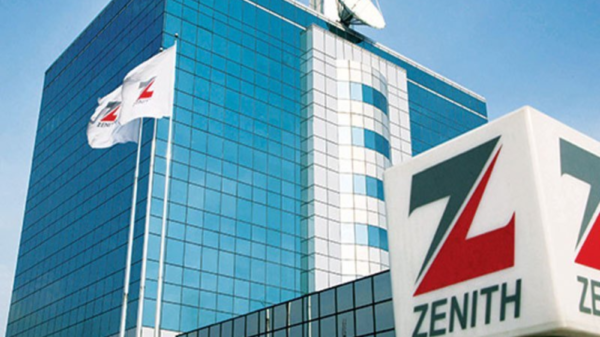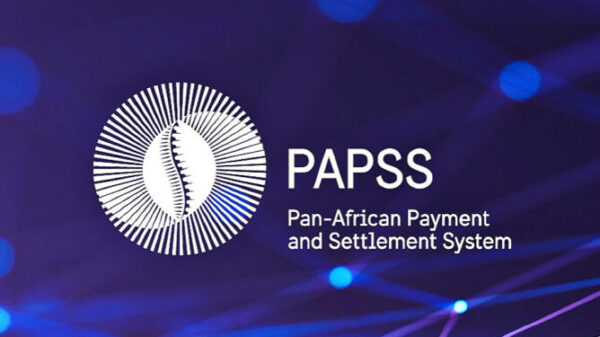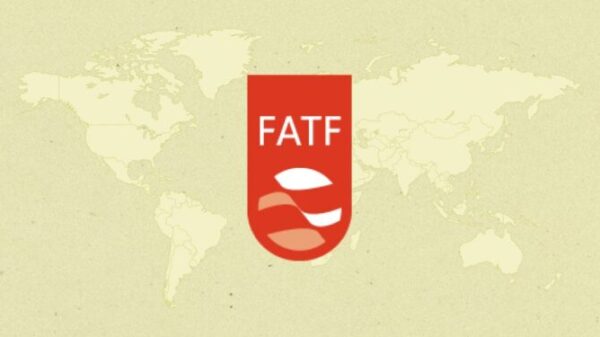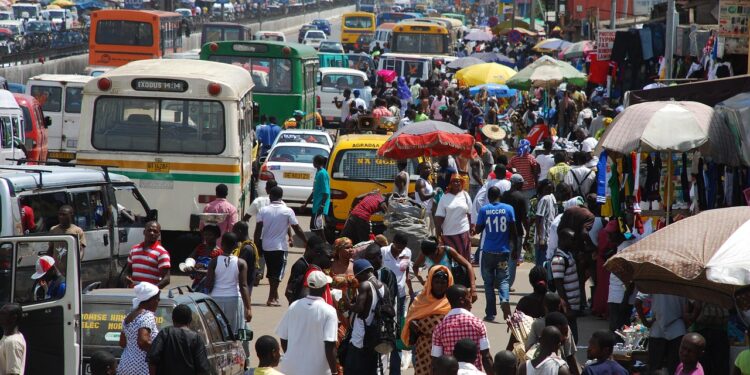Ghana’s inflation rate continued its remarkable decline, falling for the tenth consecutive month to 8.0% year-on-year in October 2025, from 9.4% in September. This marks the lowest inflation rate since June 2021 and underscores the country’s ongoing success in stabilizing prices after years of high inflation driven by global commodity shocks and domestic supply disruptions.
The report, released by the Ghana Statistical Service (GSS) on Wednesday, highlighted a 140 basis-point decline in headline inflation, exceeding market forecasts and further consolidating Ghana’s macroeconomic recovery efforts. The data also revealed a 0.4% month-on-month deflation, a stark contrast to the 0.9% increase recorded in September, suggesting that consumer prices are beginning to stabilize more broadly across major spending categories.
Food Prices Drive Overall Disinflation
A major driver of the decline was the continued moderation in food prices, which make up a significant portion of Ghana’s inflation basket. According to the GSS, food inflation fell sharply to 9.5% in October from 11.8% in September, helped by favorable base effects, an improved harvest season, and better supply chain stability.
Month-on-month, food prices declined by 1.0%, reversing the 0.6% increase seen the previous month. The steepest declines were seen in high-weight categories such as fish and seafood, which dropped from 16.7% to 12.4%, and ready-made meals, which fell from 14.1% to 12.4%.
Market analysts at Apakan Securities Limited, a Ghana-based research and investment firm, attributed this slowdown to “improved agricultural yields, stable transport networks, and effective policy interventions aimed at ensuring food security.” They also noted that government measures—such as subsidized fertilizer distribution and investment in local storage facilities—have started to yield tangible results, easing supply pressures in both rural and urban markets.
Broad-Based Decline Across Non-Food Categories
The non-food inflation index also showed a broad-based decline, reflecting price stability in key expenditure areas. Non-food inflation fell by 130 basis points, from 8.2% to 6.9% year-on-year, as nearly all major subcategories recorded slower price growth or outright declines.
Specifically, housing and utilities inflation eased from 15.8% to 13.9%, while alcoholic beverages, tobacco, and narcotics dropped dramatically from 15.4% to 10.4%. Clothing and footwear prices also moderated, easing from 11.0% to 9.5%. On a month-to-month basis, non-food inflation rose marginally by just 0.04%, compared to the 1.1% increase observed in September.
This trend suggests that inflationary pressures are no longer being driven by energy or transport costs, as had been the case during the height of the global supply chain disruptions between 2022 and 2023.
Monetary Policy Outlook and IMF Engagement
The latest inflation data will play a crucial role in shaping the Bank of Ghana’s Monetary Policy Committee (MPC) decision when it meets for its final session of 2025 on November 26. Analysts widely expect the central bank to cut interest rates in response to the sustained disinflation and easing price pressures.
The Bank of Ghana’s current inflation target band is 8% ±2 percentage points, and the latest figures place headline inflation squarely within that range for the first time in over four years. This provides policymakers with the flexibility to adopt a more accommodative monetary stance to support growth and private-sector lending.
The International Monetary Fund (IMF), which has been working closely with Ghana under its ongoing Extended Credit Facility, recently announced that it had reached a staff-level agreement with Ghanaian authorities on the fifth review of the country’s economic reform program. The IMF commended Ghana for its progress in restoring macroeconomic stability, reducing fiscal deficits, and improving monetary policy credibility.
In a statement, the IMF said, “Ghana’s success in reducing inflation to single digits reflects the effectiveness of coordinated fiscal and monetary policy, improved foreign exchange stability, and enhanced food supply dynamics.”
Economic Implications and Outlook
Economists say the return to single-digit inflation marks a turning point for Ghana’s economy, which has battled high inflation since 2022, when global commodity prices and domestic currency depreciation pushed inflation above 50%.
Lower inflation is expected to boost consumer purchasing power, enhance business confidence, and support economic recovery across key sectors such as manufacturing, retail, and services. Additionally, the decline in food inflation will provide significant relief to low-income households, who are most vulnerable to food price volatility.
Looking ahead, analysts project that if current trends continue, Ghana could maintain inflation within the central bank’s target range through early 2026. However, they caution that potential risks remain, including external shocks from oil price volatility and domestic fiscal pressures ahead of the 2026 budget cycle.
Nevertheless, October’s data represents a strong endorsement of Ghana’s macroeconomic stabilization strategy, affirming that sustained reforms, prudent fiscal management, and a favorable agricultural season are finally restoring price stability and investor confidence in the West African economy.















































